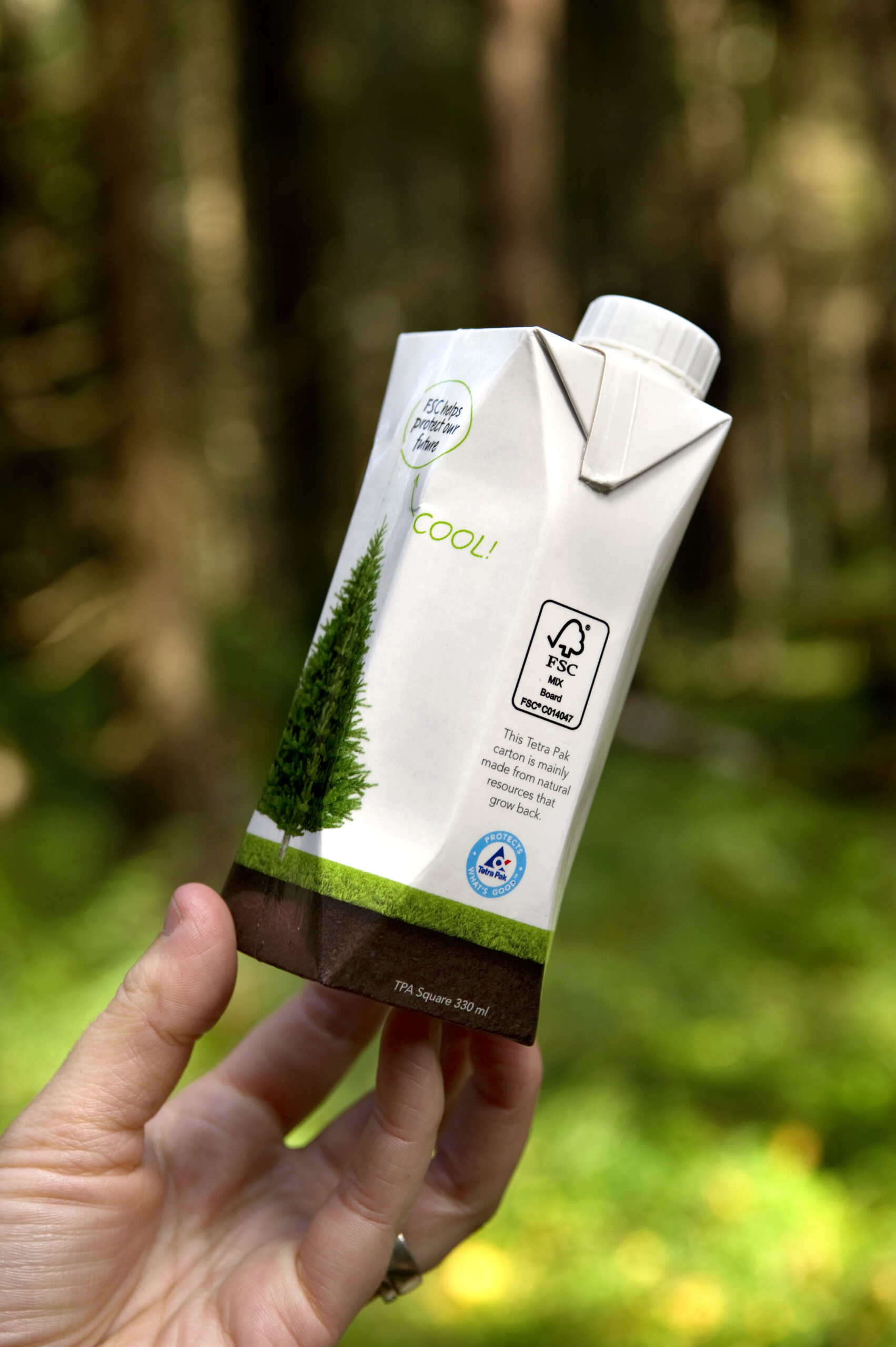Did you know, we have more than 50 different hormones that flow around the body coordinating our mood, our digestion and our energy levels? Most of the functions our body performs, happen as a result of a hormone. Ben Warren from BePure talks about hormone imbalance, what causes it and how we can help it.
With Ben Warren of BePure
1. So, what’s the fuss about hormones? What is it that we all need to know?
Hormones are chemical messengers in the body that tell our cells what to do. Everything that’s fun in our life is dependent on hormones (think adrenal and sex hormones!).
We have over 50 different hormones that flow around the body coordinating our mood, our digestion and our energy levels. Most of the functions our body performs, happen as a result of a hormone.
When our hormones are perfectly balanced they coordinate our body system like an intricately choreographed dance. But when they’re not, a breakdown begins to happen.
2. Who is affected by hormone imbalance?
Hormonal imbalance is something that more and more women are experiencing. I was alarmed to learn that during my last seminar that 86% of the females who attended were experiencing hormonal concerns.
Women are more likely to have unbalanced hormones due to a woman’s complex hormonal structure. I like to describe the difference between women and men with an analogy. A man’s hormonal structure is like a Toyota Hilux; hardy, reliable and you don’t often get problems until one day the engine blows up (e.g. a heart attack!). Women’s hormonal systems are more like a formula one race car; it’s incredible what they can do, but even a slight issue can throw the timing out.
3. How do we know our hormones that are out of balance?
Some signs that your hormones are out of balance include PMS symptoms, heavy menses, fertility issues, struggling with weight loss, mood disorders and fatigue that is not resolved by sleep.
One thing I think is incredibly important for women to understand, is that their monthly menses don’t need to be associated with the common PMS symptoms of severe cramping, irritability, low mood, cravings, headaches and water retention. With well balanced hormones, a woman’s monthly menses can be barely noticeable.
4. What causes these hormonal imbalances?
Hormonal imbalances are driven by a disruption in the complex interplay of our body’s systems. Research is showing that the main drivers of these disruptions (in women especially) are threefold; xenoestrogen toxins, stress and nutrient deficiencies.
In our modern day environment, we are exposed constantly to oestrogen-mimicking chemicals called xenoestrogens in common everyday items. Think skin care, household cleaners, toothpaste, PCBs in drink bottles and the herbicides and pesticides on our food! A build up of these in our body causes Oestrogen Dominance. Common signs you could be experiencing oestrogen dominance include PMS, heavy menses, and weight held around hips and buttocks.
Normally our bodies would process this extra oestrogen through our liver, but because of poor nutrition choices, stress and liver-loaders such as alcohol and caffeine, our liver function is often compromised and we struggle to clear it.
Unfortunately, the modern day lifestyle sees a lot more of us living with high stress levels. This affects progesterone, the hormone that counteracts, or balances out oestrogen in the body. Our sex and stress hormones share the same precursors. When under stress, the female body will prioritise making stress hormones to prepare you for flight or fight. If you’re running away from a hungry lion, the last thing your body is worried about is reproduction! Our body will always prioritise survival over reproduction. As a direct result, your body produces less progesterone – our all important calming hormone, and we call this the ‘pregnenolone steal.’
Nutrients are vital to maintaining the balance of our hormones. Our ability to build hormones is dependant on vitamins acting as cofactors and although our liver has the capacity to detox all known toxins to man, it does require adequate nutrient levels to do this. Just some examples, B-vitamins are particularly important for liver detoxification, while vitamin C is important for hormone production and a high vitamin D status is linked with lower rates of hormone-related health concerns.
5. What can we do about it?
Minimise your exposure to xenoestrogens
- Avoid plastics as much as possible, especially when it comes into contact with your food and drink.
- Use a glass or stainless steel drink bottle.
- Switch to natural skincare and beauty products.
- Use more paraben and phthalate free household cleaning products.
- Eat spray free produce or organic produce when you’re able to.
- Even with organic produce but especially with conventional produce, wash your fruits and veggies.
- Try growing your own vegetables for nutrient dense and spray free produce.
Increase your nutrient levels
- Take a high-quality multivitamin and give your body the nutrients it needs to detox excess oestrogen.
- Add a high strength fish oil or plenty of quality omega 3s into your diet. Good fats provide the raw material for our hormones.
- Ensure you have sufficient vitamin D, zinc and vitamin C levels.
- Swap out your daily coffee for a turmeric latte – your liver and hormones will love you for it.
- Eat plenty of cruciferous vegetables to support our liver.
Cruciferous vegetables are the likes of broccoli sprouts, broccoli, cauliflower, cabbage, kale, collard greens, radish, and brussel sprouts. These support the liver and are especially rich in diindolylmethane (DIM), which help mop up excess oestrogens.
6. What supplements do you recommend for hormonal balance?
I recently developed a specific product that supports the liver in clearing excess oestrogen. It is called BePure EstroClear and it works to effectively upregulate liver function. BePure EstroClear contains the active ingredient from cruciferous vegetables (DIM), rosemary, turmeric, watercress, ashwagandha and MSM, which all work to support the liver in clearing excess toxins from the body. With all of that in there, we have still managed to make it into a delicious chocolate and manuka honey flavoured powder that’s perfect for adding to your morning smoothie!
7. Where can I learn more?
I’m currently on a nationwide tour with my latest seminar series, The Hormone Secret. Throughout the seminar, I will be sharing the latest research on the crucial role hormones play in your health, energy and weight, along with how you can start naturally bringing your body back to balance. It would be fantastic to see you all there, I really see this as crucial information for all women’s health and wellbeing.
You can also start by going to the BePure website and taking the BePure Hormone Health Questionnaire. This is a subjective questionnaire that is not intended to treat or diagnose, however it’s a great place to start identifying where your hormones might be out of balance.
Win a double pass to The Hormone Secret seminar with Ben Warren of BePure
We have a double pass to The Hormone Secret seminar with Ben Warren from BePure in Auckland to be won. To enter, click here.
Tickets are available for Ben Warren’s presents The Hormone Secret seminar at bepure.co.nz/events





